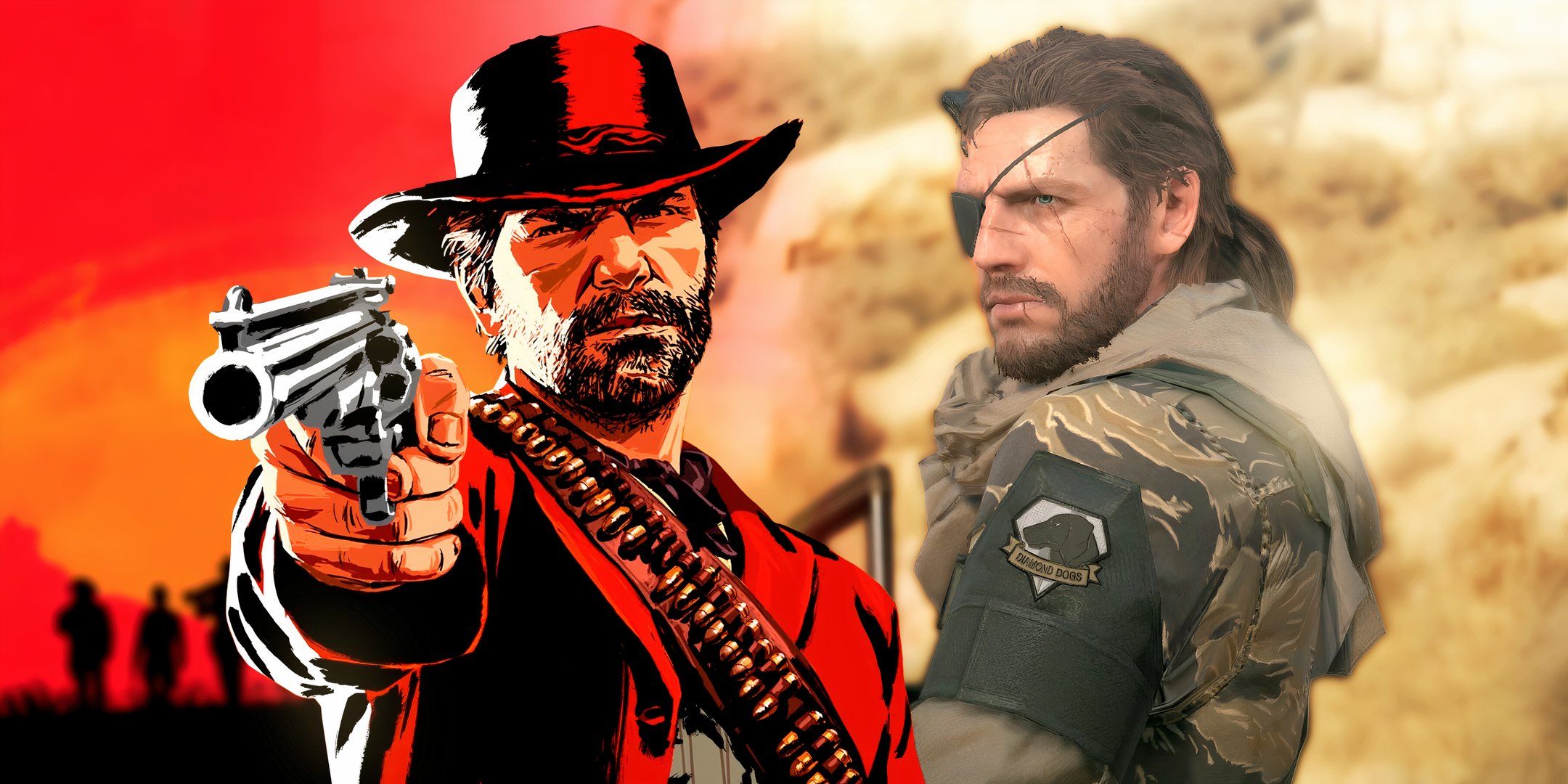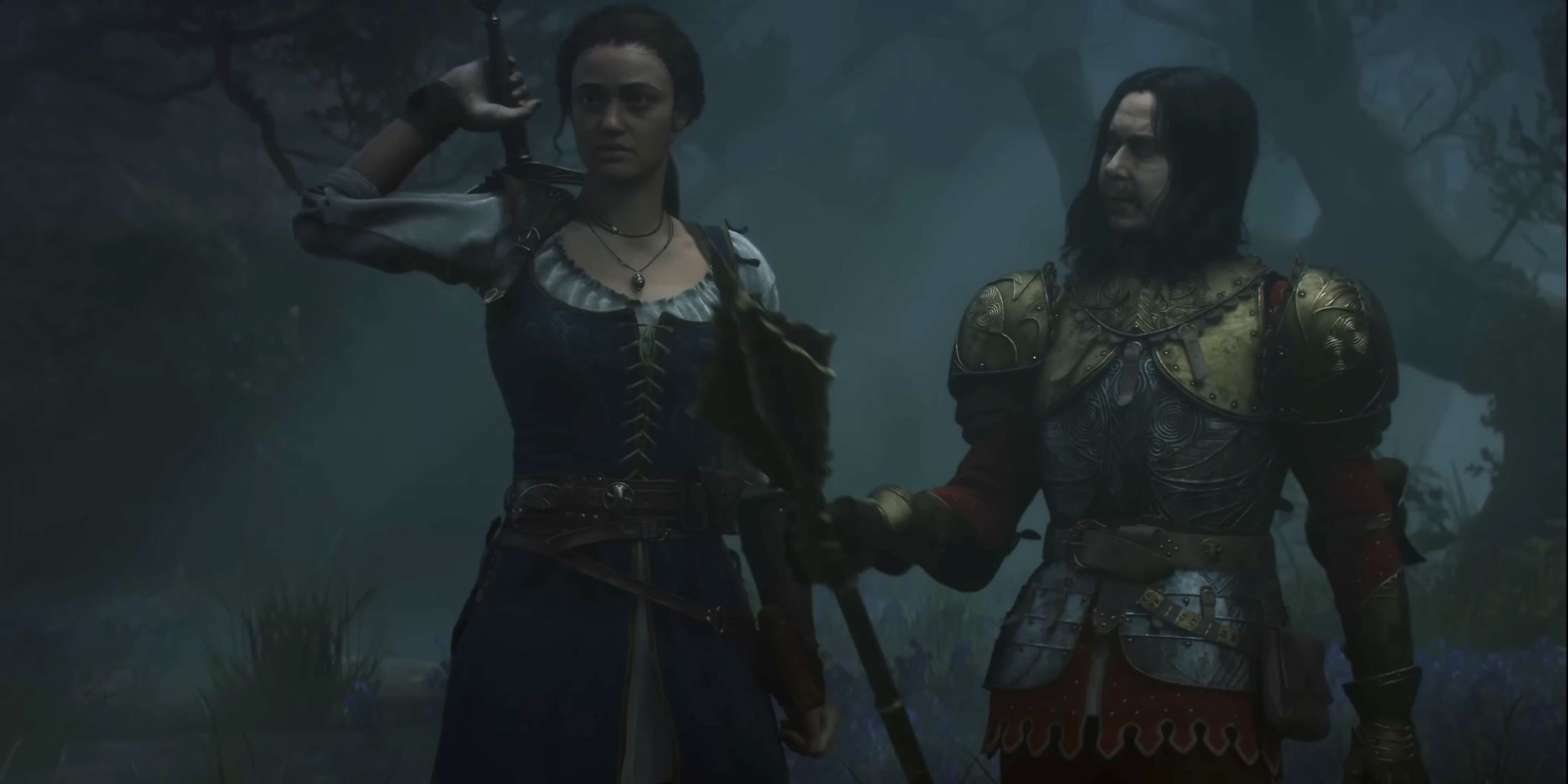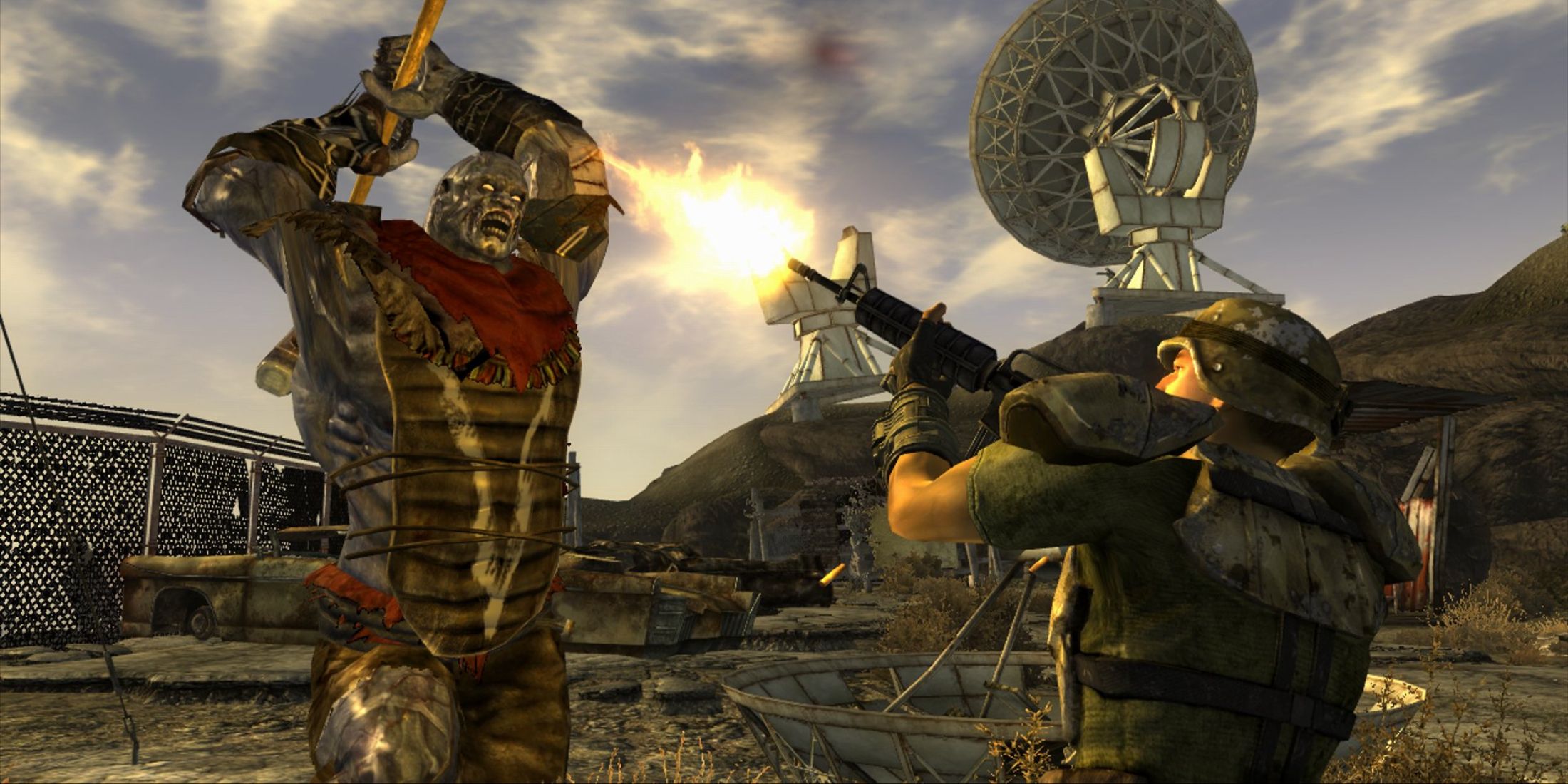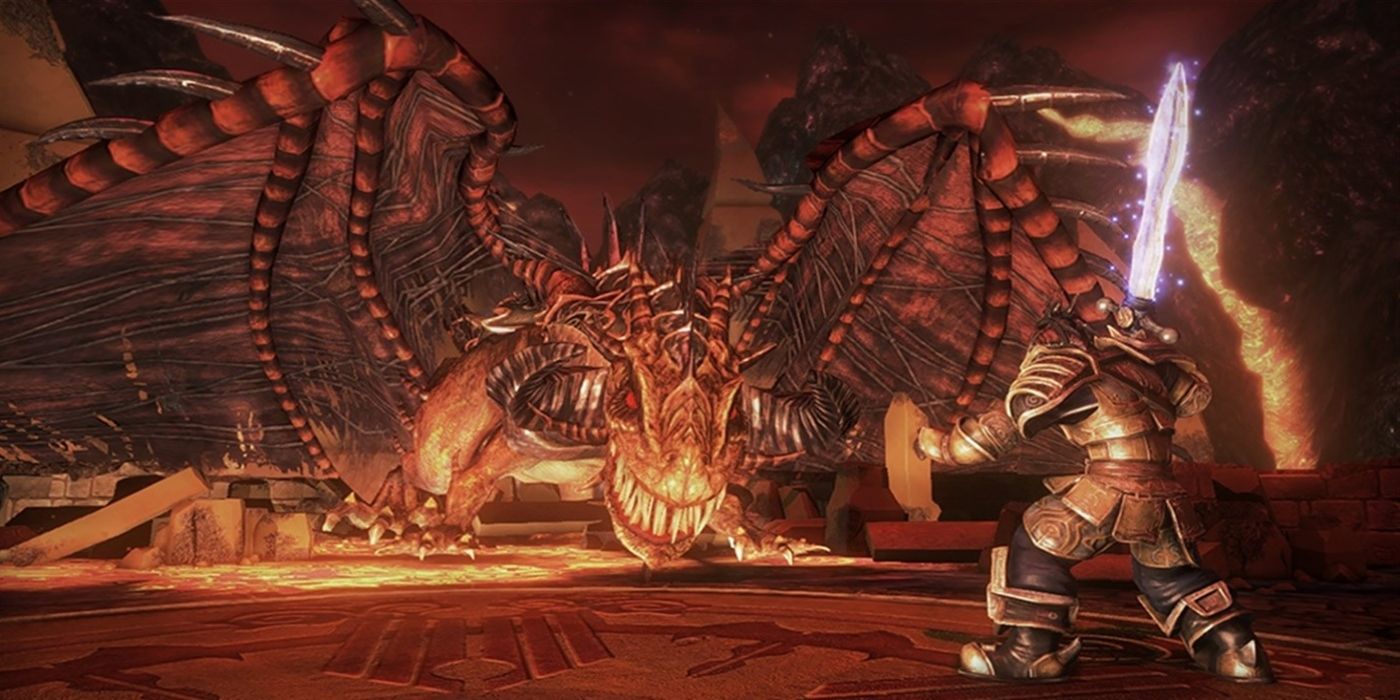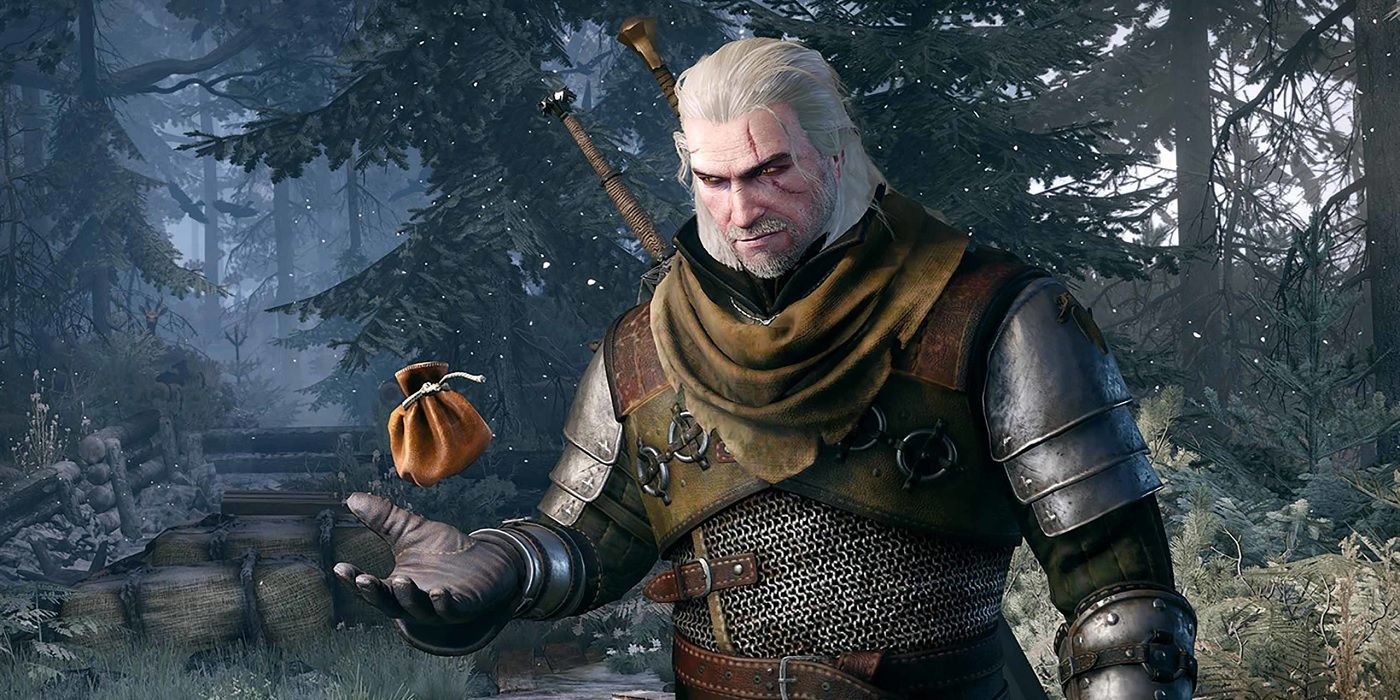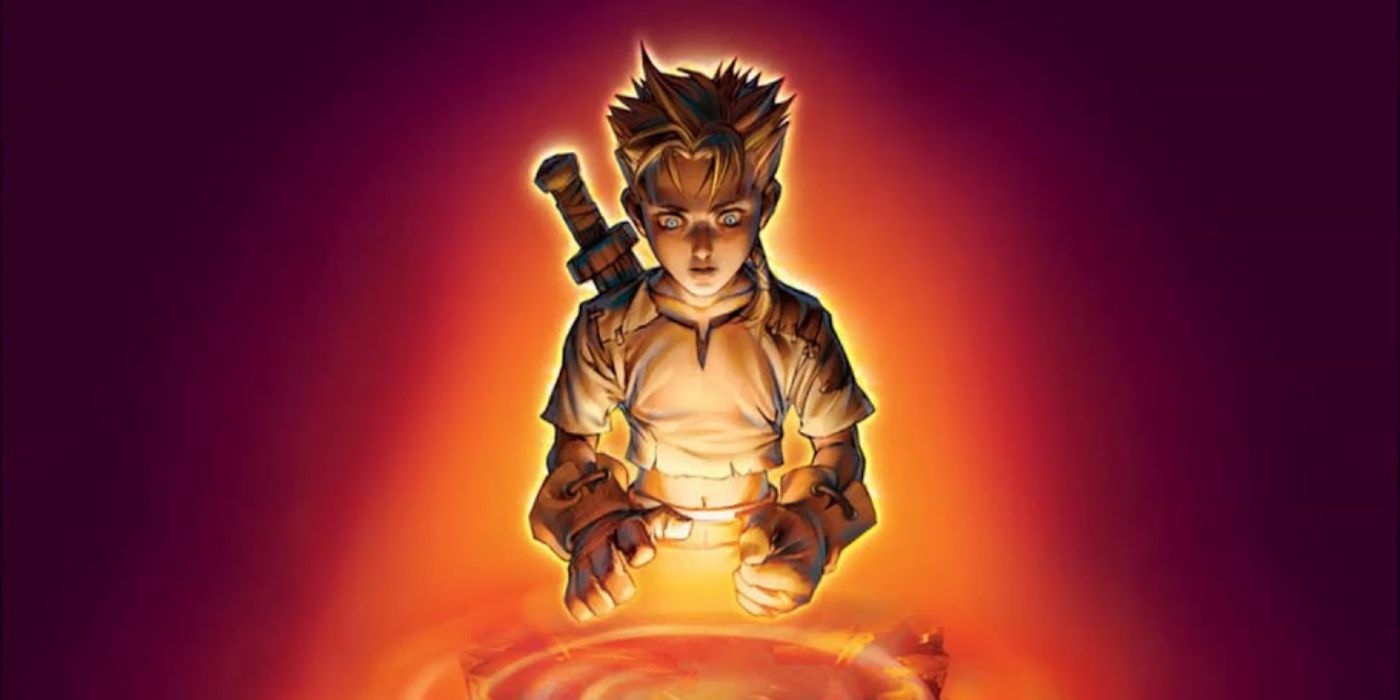Of all of the games rumored for the Xbox Series X, a reboot of Fable is one of the most anticipated. While the game is in no way confirmed, there are rumors that Fable will appear at Xbox's exclusive presentation in July, resurrecting a franchise that hasn't received a true new entry in almost a decade.
The gaming landscape has changed considerably in that time. With the new generation of consoles came new standards for design, and while Fable, for the most part, holds up in terms of gameplay, there are mechanics within it that may have trouble in the new wave of video games. Specifically, there are bound to be difficulties with Fable's handling of morality, and with how significant the mechanic is to the game, it may create other hurdles as well.
Video Game Morality Then
The shift between video game morality when the first Fable game released — all the way back in September 2004 — and now has been massive. Fable helped lay the foundation for morality as a central factor in games, and watching a character slowly grow horns as they fall further into evil is still neat, but it has far less weight than what fans expect to see now.
Alongside games like Knights of the Old Republic, which featured its own morality system with a light side and dark side meter, black-and-white moral systems were fairly common in a game, adding an additional layer of depth to individual characters. It was an early blueprint for what was to come, providing ways for players to impact a game's narrative, at least to a degree, with decision making, but not quite having the effect on entire worlds like fans see in more modern games.
What was possible for open-world RPGs in 2004 versus what can be achieved now is drastically different. There are some exceptions, Morrowind managed to bring a well-realized open world to the Xbox, but Fable, visually, was a far superior game, obviously leading to restrictions in other areas. The core elements of RPGs have remained the same, but morality systems are an exception. For the past few decades, what gamers want out of a morality system has shifted dramatically, and with it, the way that gamers think about a narrative as a whole.
Video Game Morality Now
One of the most demonstrable shifts in the way morality systems work now is in the Mass Effect series. While Andromeda's facial animations and other aspects faced major criticisms when it released, most of which were deserved, it ditched the paragon and renegade system found in the first three entries of the series. The newer system, which gave players the option to respond in four different manners rather than just two, was still flawed, but it marked a departure from the standard good versus evil archtypes, attempting to give players more characterization, even if it didn't necessarily succeed.
On the other end of that are games that dropped the morality system entirely, one example being Fallout 4. Ditching the Karma system wasn't a popular decision, but it did make players consider why they did what they did, rather than just making binary choices to fit the mold of a hero or villain. That's not an easy thing to accomplish, and unrooting players from a mechanic they've used for the better part of a decade is commendable, even if there's a notable shift in how well that change works. Morality in the game is by no means perfect, there were pointless decisions in Fallout 4, and players were forced to play the hero in most situations, but it did make the smaller-scale decisions worthy of reflection.
However, perhaps the most interesting portrayal of morality – one that Fable should take notes from – is that found in The Witcher 3. Choices in The Witcher 3 have real weight, in part thanks to how well the game portrays its world as being "lived-in." That manifests itself in many different ways, and on a surface level may not even look like a morality system. Geralt is, after all, a hero, but with his decisions determining who lives, who dies, and, in some cases, the well-being of entire cities, it's hard to deny the state of the world at the end of the game as a sort of morality system for Geralt.
What Needs to Change
This all raises quite a few ways that the morality system for Fable could change, but the key factor will be making it less black and white. Villains portrayed simply as those that needlessly slaughter citizens isn't an engaging way to portray a character anymore, even if those actions are "villainous." Instead, it's important that Fable introduces some level of ambiguity for decisions to the next game, and shows players the weight of their actions.
That doesn't mean that horns can't sprout from a player's head if they become evil, but it shouldn't be one of two options. Instead, maybe beggars or peasants will help them in a village scuffle if they play a sort of Robin Hood archetype. There are plenty of different places it could go, and watching a character evolve with the world around them, with various aspects changing as the player makes decisions, would be an interesting twist on the Fable formula fans already know and love.
It does present a new host of challenges for the game. Fable's abilities have been dependant on a character's alignment since the beginning, with evil characters getting bonuses to certain abilities and vice versa. The morality system is a defining element of the franchise, and arguably what players associate with it the most. Fundamentally changing it is going to be a difficult task, and one that not all players are going to like.
That being said, it's a necessary change for a modern title. Ideally, there will be a balance between the old system and the creation of the new one, though, with no game confirmed so far, it's difficult to say what exactly that will look like. Fans may get a decent idea if the game is announced at Xbox's July event, though they'll just have to wait and find out.
A new Fable game is rumored to be in development.

